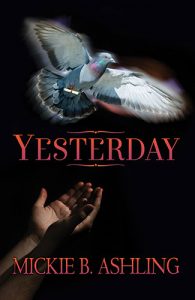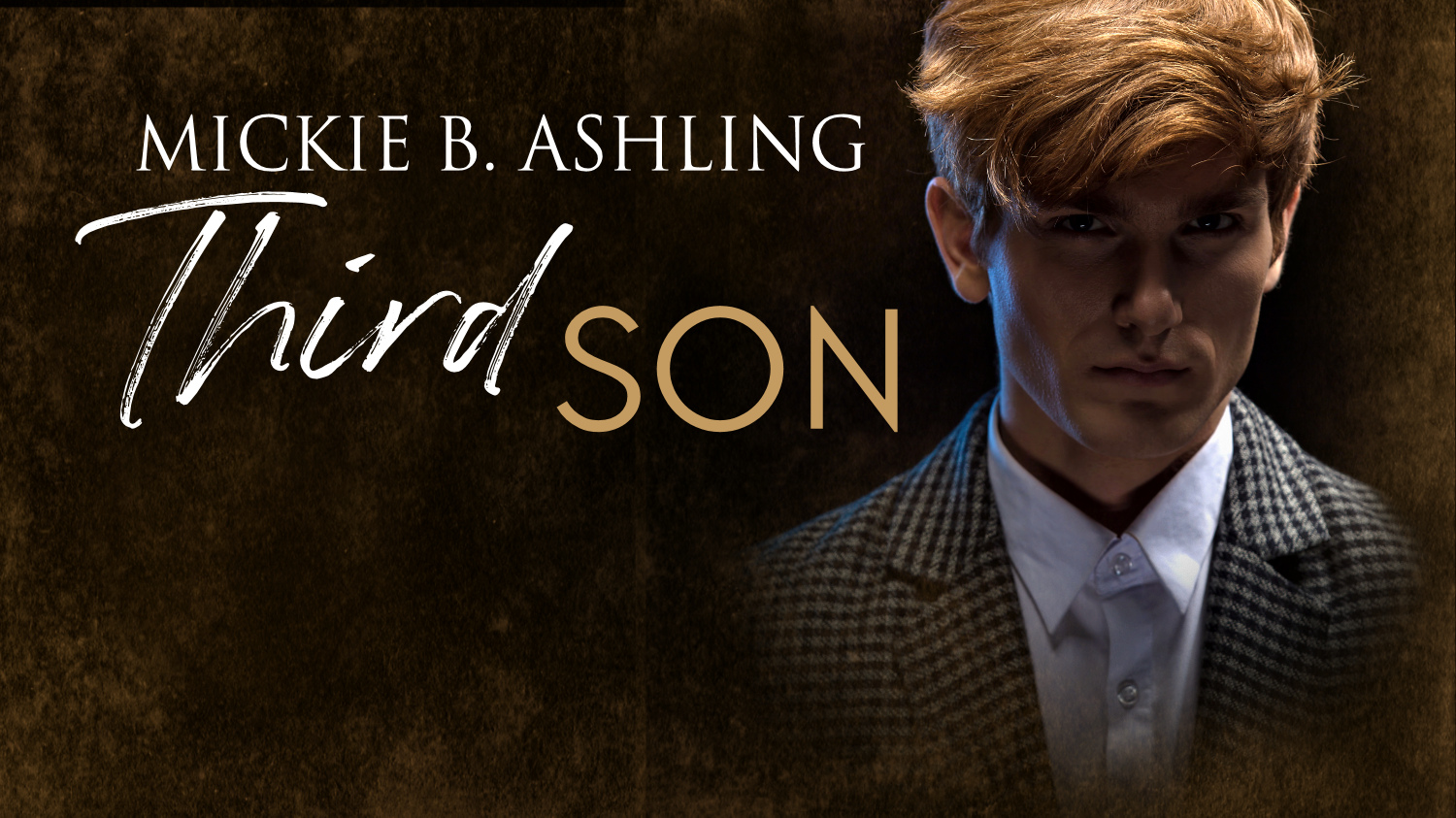 In June of 1978, Grady Ormond, eighteen-year-old son of diplomat Peter Ormond, accompanies his father to his new posting as US Ambassador to Pakistan. Neighboring Iran is on the brink of a civil war, with the monarchy in danger of being overthrown.
In June of 1978, Grady Ormond, eighteen-year-old son of diplomat Peter Ormond, accompanies his father to his new posting as US Ambassador to Pakistan. Neighboring Iran is on the brink of a civil war, with the monarchy in danger of being overthrown.
Grady will be leaving for New York City in late August to study cinematography and has been warned to keep his homosexual orientation tightly under wraps while on vacation. Repercussions in the predominantly Islamic region could be severe.
On their first night in Karachi, his father hosts a cocktail party to meet the local dignitaries. Grady is introduced to His Highness Prince Kamran Izadi, nephew of the shah of Iran. Twenty-three-year-old Kamran has recently returned from the UK, where he spent eleven years, first as a student, and then as a financial analyst.
The attraction is immediate—unforeseen and dangerously powerful—but neither one dares to make a move. Odds are so stacked against them it’s futile to even entertain a friendship, but they do, and their world tilts precariously.
With his country in turmoil and Grady about to leave for college, Kamran makes a decision that will change their lives forever.
Cover Artist: Catt Ford
Chapter 1
Pakistan, June 1978
THE ACRID smell of tobacco couldn’t mask the faint aroma that drifted my way as I passed a trio of ladies exchanging pleasantries. It was Nina Ricci’s famous perfume, L’Air Du Temps, the one with the remarkable bottle top made by Lalique. My mother would dab it strategically behind her earlobes and in between her breasts before attending any function, and the abrupt reminder of a wrenching loss I hadn’t quite come to terms with hit me hard and drove me toward the bar I spied on the other side of the room.
There were other, more exotic odors I couldn’t identify as I made my way through the small group of dignitaries vying for my father’s attention. A pungent reminder that I was no longer in Spain but in dreary Karachi, Pakistan. You would think I’d be used to foreign postings by now, being the only son of a US ambassador who traipsed around the world at a moment’s notice, but it never got easier. The only thing that improved with each jarring change was the alcohol content of my beverages. Having left short pants a while back, I was finally starting to look more like a young adult than a precocious wunderkind, and waiters stopped pushing innocuous sugary drinks in favor of the more sophisticated martini, which the diplomatic corps guzzled like water.
Father glanced my way as I was reaching for a cocktail glass off the tray a turbaned waiter was passing around diligently and raised one of his eyebrows in his usual understated manner. He was probably wondering if one drink might lead to many more, but he was too polite to make a scene in public. He turned away instead, but not before I got the familiar scowl, silently warning me to use moderation or risk his wrath at the end of the night.
I took a sip of the drink and gagged. It was revolting. I couldn’t understand why anyone in their right mind would prefer this to the undiluted whiskey favored in the UK, where I’d mostly grown up. After sampling the dregs left behind by my parents’ guests for years, I’d become quite the connoisseur. God only knows what they preferred in their martinis over here in the armpit of the Middle East. Of all the places in the world I could have celebrated my eighteenth birthday, Karachi was my last choice.
When Father casually mentioned he’d been assigned to Pakistan a week ago, I’d been planning a soiree with my friends in Barcelona. We were going to do it up right and celebrate by barhopping until dawn. Instead I found myself in the middle of nowhere, surrounded by people who weren’t crazy about Westerners in general and Americans in particular. To make matters even worse, I’d just come to the life-altering conclusion that I was homosexual. Not bisexual as I’d previously assumed, but unmistakably, irrevocably, bent.
If these people got wind of my orientation, I’d probably be stoned in front of the Intercontinental Hotel, where we were staying until our housing got squared away. Due to our sudden arrival, the quarters of the previous ambassador in Jamshed Town, an affluent suburb of Karachi, were being refurbished to my father’s specifications. In truth, I much preferred living in a hotel anyway, with no bedroom to straighten up or chores to complete; housekeeping was far more diligent than I’d ever be. Nonetheless, Father insisted on some semblance of normalcy, and living in a hotel was too transient. If Mother were still here, I could have coaxed her into staying in Spain with me until after my birthday celebration, but she wasn’t, so the upshot was me in a room full of strangers trying to find something or someone to take my mind off my current state of ennui.
I surveyed the crowd to see if anyone might tempt me to risk my father’s reputation and possibly my life. The list of things I wasn’t allowed to do in this predominantly Muslim country was a mile long. Spencer, Father’s right hand and my unofficial watchdog, droned on—sounding remarkably like a bleating lamb instead of the Rhodes Scholar he was—during the plane ride over, stressing the importance of keeping my proclivities under wraps. Tension was already sky-high since the election of General Zia-ul-Haq following the military coup in 1977, and neighboring Iran was on the brink of destruction, with the shah poised to flee the country at any minute. The last thing anyone needed was an international incident involving the gay son of an American diplomat. To be blunt, Spencer told me to keep my hands to myself and my prick tucked safely in my boxers. Sodding prig… what did he know about passion? The man had never even married.
Another waiter walked by, and I traded the barely sipped martini for something appearing much more satisfying. The ice clinked against the tall glass filled with a reddish-orange liquid, and after taking a tentative sip, I could detect the bitter taste of Campari in the mix. It was refreshing, and I tapped the waiter on his stiffly starched white shirt to ask him what I was drinking.
“It’s a Rose Collins, sahib,” he answered deferentially.
“Delicious.”
He bobbed his head and began circulating once more.
“Have you never had a Rose before tonight?”
I turned to respond and was brought up short by the sight of a man in a white Nehru jacket. He was my height, roughly five ten or eleven, and appeared to be close to my age. The husky voice enunciating the question in perfectly accented English gave me goose bumps. He was the embodiment of every fantasy I’d harbored since watching the movie Lawrence of Arabia at least ten times. It had released in 1962, a couple of years after I was born, and had won every major award in the world of cinematography, a field I hoped to enter after completing college. I had drooled over Omar Sharif on many occasions, and this stranger could have walked onto a Hollywood set quite easily.
“Excuse me,” I said. “Have we met?”
The hawkish nose and winged brows were a stark contrast to limpid brown eyes the color of good english toffee. He smiled, and a dimple appeared near the corner of his mouth, making the fierceness I found at first glance vanish in a heartbeat. He had dark skin, not African dark but several shades darker than mine, and the gold-embroidered white jacket he wore magnified the richness of his complexion.
“Prince Kamran Izadi,” he said, bowing slightly. “At your service.”
At your service. Dear God. I would have dropped to my knees in an instant and serviced him if he’d indicated an interest. The artistic side of my nature picked every one of his features apart, and I wished I had my sketch pad close by to start a rough drawing. His demeanor was commanding, as could be expected from a royal, and although I’d grown up in a country where blue blood sightings were an everyday occurrence, I’d never actually met one. Kamran was the embodiment of a prince, at least the ones I’d glorified, but ten times better because he was real and not some fantasy I’d conjured up in my head. As usual, my imagination had taken flight in the middle of our conversation, and I had to concentrate to catch up.
“Grady Ormond,” I said, stretching out my arm. “Ordinary citizen.”
He smiled, apparently amused by my description. I noticed he had beautiful white teeth without the Sharif gap I had never found appealing, and his full lips were perfectly formed, as if they’d been carved by an artist. Reflexively, I ran my tongue along my lips, wondering what he would feel and taste like. I chased that idea away as soon as it materialized. There was nothing in Kamran’s countenance to indicate he was anything like me.
“If you’re in this room, you can’t be ordinary,” he said politely. “Most of the people here tonight are in some position of power.”
“Undoubtedly,” I responded, “but it’s my father who counts. I’m just his tagalong.”
“You’re being too modest.”
